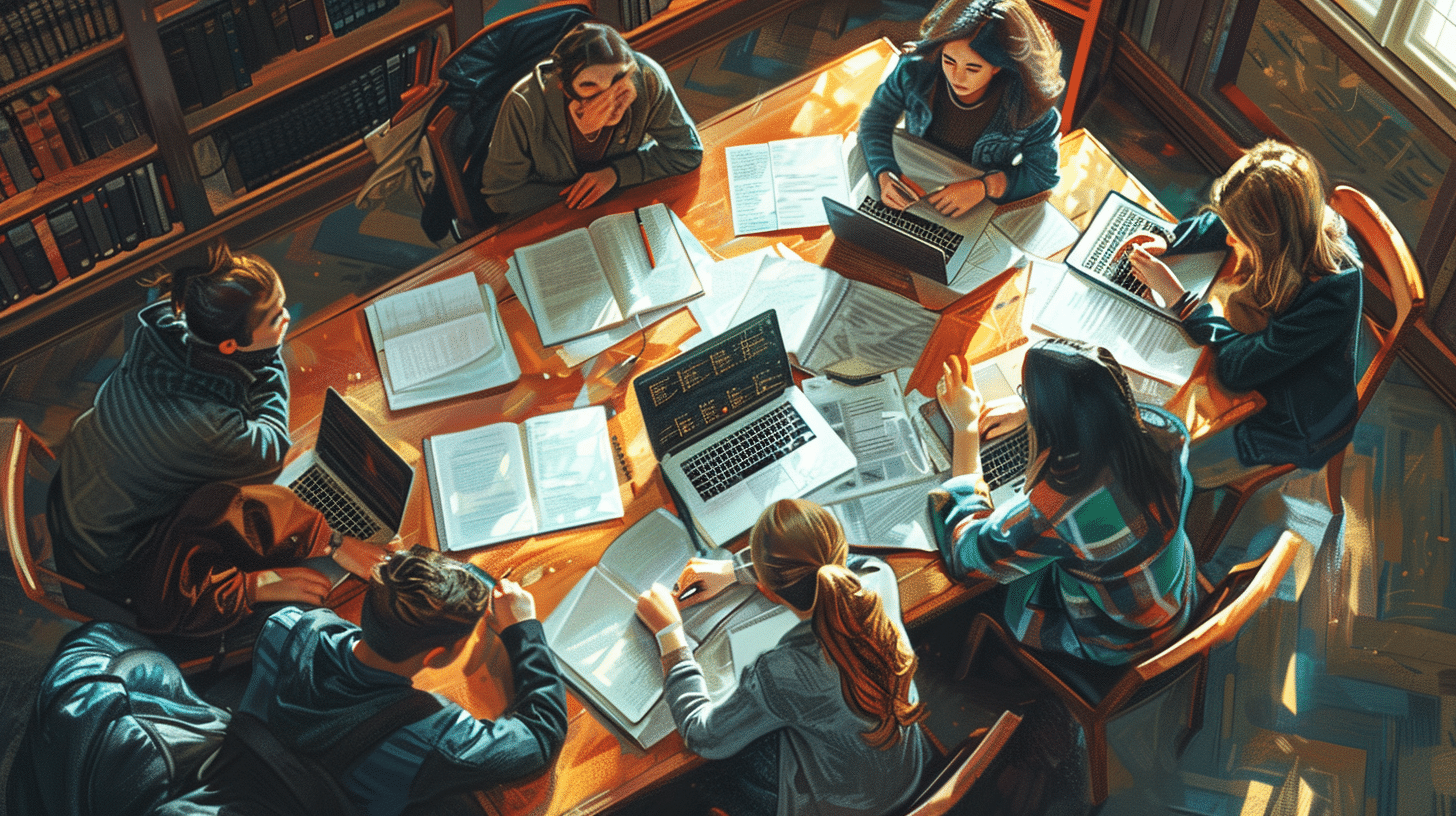Pick a language and start learning!
Irregular adjectives Exercises in French language

Mastering irregular adjectives in French can be a challenging but rewarding endeavor. Unlike regular adjectives that follow predictable patterns, irregular adjectives often deviate from standard rules, requiring special attention and practice. In French, these adjectives can change form depending on gender (masculine or feminine) and number (singular or plural), making them a unique and essential component of the language. Knowing how to correctly use irregular adjectives enhances not only your grammatical accuracy but also your overall fluency and ability to express nuanced ideas in French.
Our carefully curated grammar exercises are designed to help you navigate the complexities of irregular adjectives with ease. You'll encounter a variety of sentences and contexts that will test your understanding and application of these tricky yet vital components of French grammar. From common irregular adjectives like "beau" (beautiful) and "vieux" (old) to less frequently encountered ones, these exercises will offer you ample practice and reinforce your learning. Whether you're a beginner looking to build a strong foundation or an advanced learner aiming to polish your skills, these exercises will serve as an invaluable resource on your journey to mastering French.
Exercise 1
<p>1. Elle est plus *belle* que sa sœur (beautiful).</p>
<p>2. Ce vieil homme est très *gentil* avec les enfants (kind).</p>
<p>3. Les livres anciens sont souvent *chers* (expensive).</p>
<p>4. Mon frère a acheté une *nouvelle* voiture (new).</p>
<p>5. Ces fleurs sont *fraîches* du marché (fresh).</p>
<p>6. C'est un *beau* tableau que tu as peint (beautiful).</p>
<p>7. Elle porte une *longue* robe rouge (long).</p>
<p>8. Ce *vieux* château est plein d'histoire (old).</p>
<p>9. Elle a les cheveux *blancs* maintenant (white).</p>
<p>10. Mon chien est très *fou* quand il joue (crazy).</p>
Exercise 2
<p>1. La maison est *belle* (adjective for "beautiful").</p>
<p>2. Cet homme est *gentil* (adjective for "kind").</p>
<p>3. Les enfants sont *heureux* (adjective for "happy").</p>
<p>4. Sa réponse était *bonne* (adjective for "good").</p>
<p>5. Les fleurs sont *fraîches* (adjective for "fresh").</p>
<p>6. Mon chat est *blanc* (adjective for "white").</p>
<p>7. Ce film est *long* (adjective for "long").</p>
<p>8. Les montagnes sont *hautes* (adjective for "high").</p>
<p>9. Mon ami a une voiture *neuve* (adjective for "new").</p>
<p>10. Elle porte une robe *violette* (adjective for "purple").</p>
Exercise 3
<p>1. Elle est très *gentille* avec tout le monde (adjective for 'kind', feminine).</p>
<p>2. Ce film est vraiment *bon* (adjective for 'good', masculine).</p>
<p>3. Il a acheté une voiture *neuve* hier (adjective for 'new', feminine).</p>
<p>4. Ces chaussures sont *belles* (adjective for 'beautiful', plural).</p>
<p>5. Il a choisi le cadeau le plus *original* (adjective for 'original', masculine).</p>
<p>6. Sa maison est très *vieille* (adjective for 'old', feminine).</p>
<p>7. Elle porte une robe *longue* (adjective for 'long', feminine).</p>
<p>8. Le livre est *intéressant* (adjective for 'interesting', masculine).</p>
<p>9. Cet enfant est très *curieux* (adjective for 'curious', masculine).</p>
<p>10. Les fleurs sont *fraîches* (adjective for 'fresh', plural, feminine).</p>







